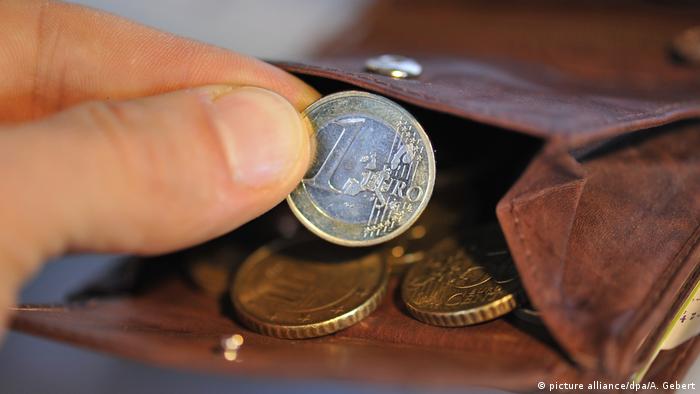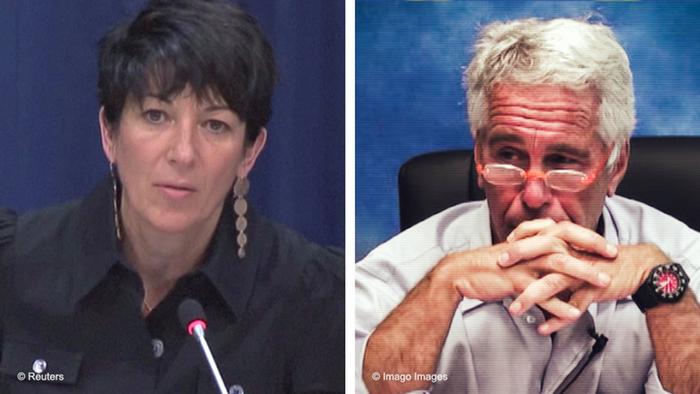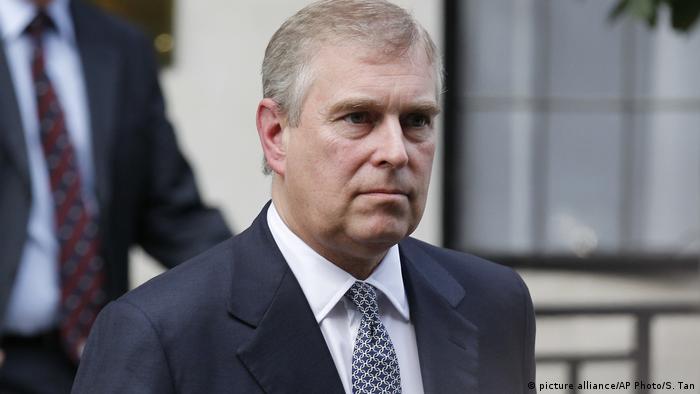3D-printed fake meat: The healthier, greener future of food?

Issued on: 01/07/2020 -
Text by:FRANCE 24
Video by:Sam BALL AT THE END OF THE ARTICLE
Israeli firm Redefine Meat is using 3D printing technology to produce plant-based steaks designed to mimic real meat and plans to start selling them in restaurants later this year. With a handful of other firms working on similar technology, could 3D-printed meat soon provide a healthier and greener alternative to the real thing?
The process used by Redefine sees protein taken from plants that are then built up in layers by a 3D printer to produce an entirely plant-based steak.
"We analyse the different components that make those beautiful cuts and try to figure out which are the key components that we need to mimic in order to achieve those beautiful cuts of meat,” Redefine Meat food engineer Alexey Tomsov told Reuters.
“We identified three main components: the muscle, the blood and the fat. These are the components that we need to mimic on order to reach the perfect, beautiful steak."
In Spain, a company called Novameat has begun producing its own version of a plant-based 3D-printed steak and also makes a pork-style product.
Meanwhile, another Israeli company, MeaTech 3D, is using lab-grown meat in its 3D-printed steaks.
These companies say their products are not only healthier, as they are lower in cholesterol, but also much better for the environment than meat produced by farming, which has been highlighted by the UN as a major contributor to climate change, in part through the methane emitted by cattle.
“Our technology can create whole-muscle cuts just as a cow can produce that but in a much more efficient way, with a lower cost and, of course, it's much better for the environment,” Redefine Meat CEO Eshchar Ben-Shitrit told Reuters.
“This is the biggest problem we face today as humanity and this is the best way to fight climate change, to deliver healthier solutions and food to the entire population of the planet."
Meat-alternative products are already growing in popularity in many countries across the world and their share of the market is predicted to be worth €7.2 billion ($8.1bn) by 2026, according to figures from Fortune Business Insights.
But Redefine Meat and others claim the 3D printing process can better recreate the taste and texture of real meat, while reducing costs once the technology is scaled up.
“We can do the entire cow, not only one part of the cow. Steaks, roast, slow-cooking, grilling, everything that an animal can do we want to do the same or even better,” said Ben-Shitrit.
“We want to work with more and more chefs around the world, more and more big distributors, and we don't see a reason that this cannot be on the table of everybody in every country around the world."
Video by:Sam BALL AT THE END OF THE ARTICLE
Israeli firm Redefine Meat is using 3D printing technology to produce plant-based steaks designed to mimic real meat and plans to start selling them in restaurants later this year. With a handful of other firms working on similar technology, could 3D-printed meat soon provide a healthier and greener alternative to the real thing?
The process used by Redefine sees protein taken from plants that are then built up in layers by a 3D printer to produce an entirely plant-based steak.
"We analyse the different components that make those beautiful cuts and try to figure out which are the key components that we need to mimic in order to achieve those beautiful cuts of meat,” Redefine Meat food engineer Alexey Tomsov told Reuters.
“We identified three main components: the muscle, the blood and the fat. These are the components that we need to mimic on order to reach the perfect, beautiful steak."
In Spain, a company called Novameat has begun producing its own version of a plant-based 3D-printed steak and also makes a pork-style product.

Meanwhile, another Israeli company, MeaTech 3D, is using lab-grown meat in its 3D-printed steaks.
These companies say their products are not only healthier, as they are lower in cholesterol, but also much better for the environment than meat produced by farming, which has been highlighted by the UN as a major contributor to climate change, in part through the methane emitted by cattle.
“Our technology can create whole-muscle cuts just as a cow can produce that but in a much more efficient way, with a lower cost and, of course, it's much better for the environment,” Redefine Meat CEO Eshchar Ben-Shitrit told Reuters.
“This is the biggest problem we face today as humanity and this is the best way to fight climate change, to deliver healthier solutions and food to the entire population of the planet."
Meat-alternative products are already growing in popularity in many countries across the world and their share of the market is predicted to be worth €7.2 billion ($8.1bn) by 2026, according to figures from Fortune Business Insights.

But Redefine Meat and others claim the 3D printing process can better recreate the taste and texture of real meat, while reducing costs once the technology is scaled up.
“We can do the entire cow, not only one part of the cow. Steaks, roast, slow-cooking, grilling, everything that an animal can do we want to do the same or even better,” said Ben-Shitrit.
“We want to work with more and more chefs around the world, more and more big distributors, and we don't see a reason that this cannot be on the table of everybody in every country around the world."







